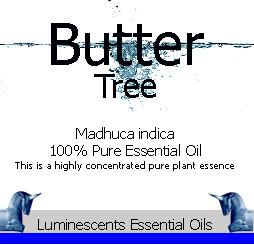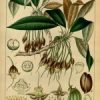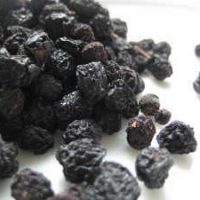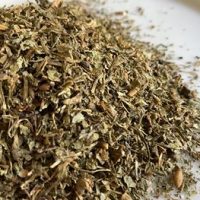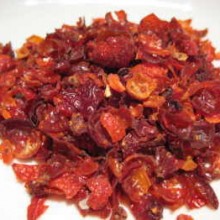Butter Tree is an Indian tropical tree found largely in the north Indian plains and forests. Mahua is considered holy by many tribal communitites because of its usefulness. The flowers are fermented to make an intoxicating drink. Oil extracted from the seeds are used for cooking and medicinal purposes. The bark is used for medicinal purposes. Hence it is considered one of the most useful trees in India. It is a prominent tree in tropical deciduous forests in Central India.
TRADITIONAL ATTRIBUTES:
Butter Tree is useful in arresting secretions or bleeding because of its tannin content. The bark of the tree is an astringent and tonic. The flowers of the tree help the removal of catarrhal matter and phlegm from the bronchial tubes. They also exercise the soothing effect of the skin. A decoction of the bark can be given internally in rheumatic diseases. It is also be taken in diabetes mellitus with beneficial results.
Butter Tree oil extracted from the seeds has laxative properties. It helps cure piles by relieving chronic constipation. The leaves of the Butter Tree are effective in the treatment of eczema.
BLENDS WELL WITH
None recommended
HISTORY:
The leaves are large enough that about 8-10 leaves can be joined together with small sticks to make disposable platters about 12″ in diameter and bowls. Today these are used to serve food during weddings e.g. in the village of Gangaganj, Tehsil Patti, Pratapgarh, Uttar Pradesh, India.
Ripe fruits are aromatic, edible and sweet in taste.
Flowers are aromatic and sweet and are used to prepare a dessert “lapsi” with a thick soup like consistency.
Cautions
None noted although the bark may be a skin irritant in some.

